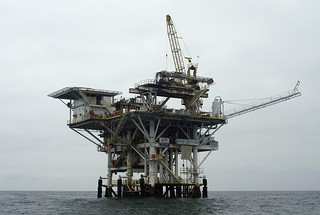Have we hit 'Peak Higher Education'?
Most of us are familiar with the concept of ‘Peak Oil’, where the rate of oil production peaks and thereafter enters terminal decline, but what about the case for ‘Peak Higher Education’?
The outcomes of a recent report, Global Changes in Tuition Fee Policies and Student Assistance by Canadian-based consultants Higher Education Strategy Associates, suggest that in some countries we may have hit ‘Peak HE’, with the once plentiful supply of students and public finances drying up.
The case for ‘Peak HE’ looks fairly compelling for some of the 34 member countries of the OECD. A change in demographics means that for many of these countries the source of traditional student enrolments is shrinking. The global economic crisis has also meant that public finances are seriously constrained, with higher education funding taking its fair share of cuts. A shrinking resource and falling income suggests an industry in decline.
Taking a broader look to include non-OECD nations the future of higher education looks even bleaker. Cuts in higher education spending occurred worldwide in 2011 but were especially heavy in Brazil, Italy, Pakistan and the Ukraine.
Students in England, Italy, Israel, the Philippines, South Korea, Spain and Switzerland have also faced the additional, and potentially off-putting, burden of tuition fee rises. The latest figures from UCAS, for example, show that the number of UK-born students who have applied to start university next year has fallen by 8.4%, continuing the downward trend in university application rates prompted by the introduction of fees of up to £9,000 a year in autumn 2012.
Unlike oil, it seems unlikely that the supply of students will totally dry up. However, just as the oil firms have had to drill deeper and develop new methods of extraction, the countries facing a shortage of students are having to develop strategies to broaden their appeal to non-traditional and non-native students.
